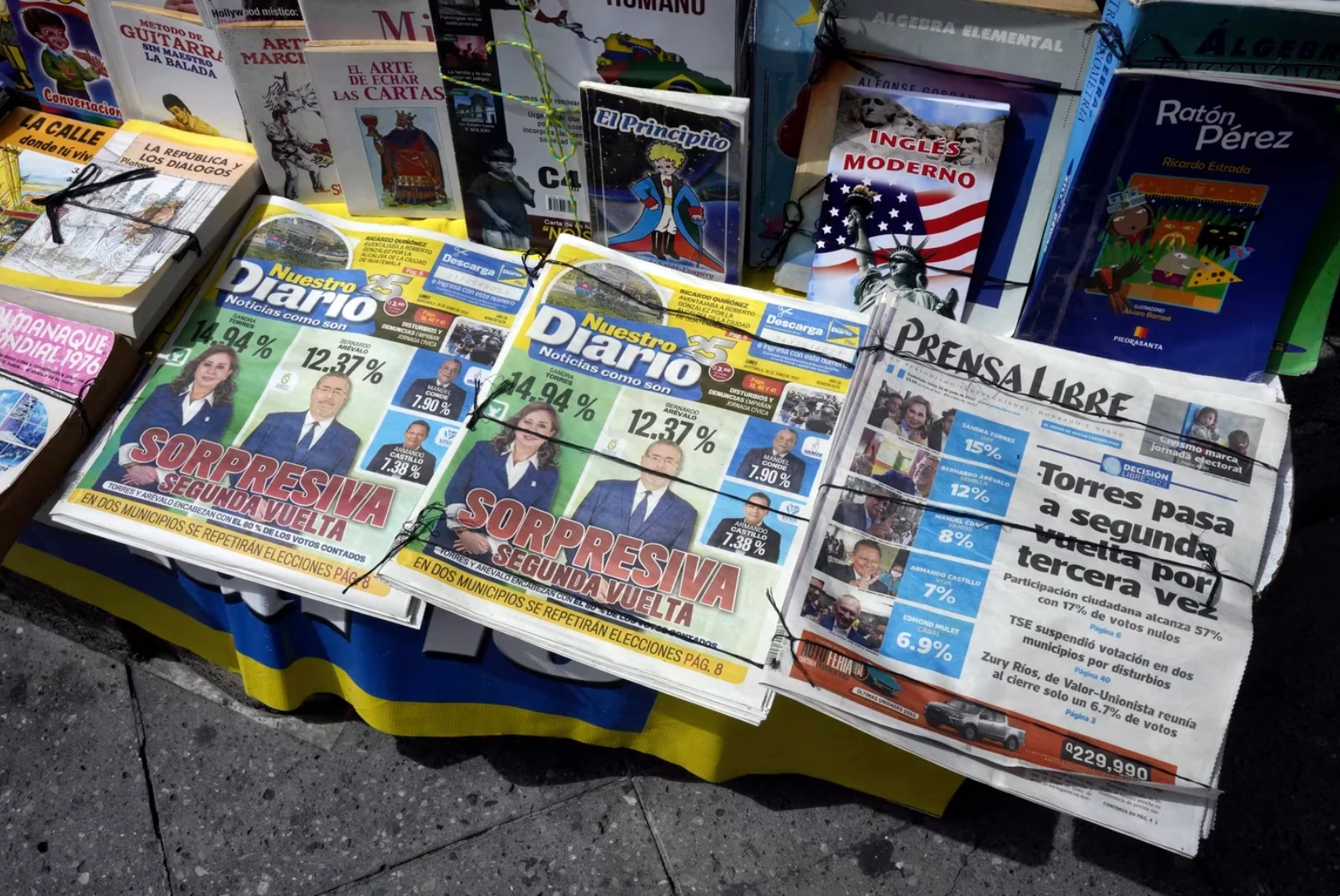The first round of elections in Guatemala served to illustrate the innumerable challenges to democracy in our region. Frequently these challenges are linked to agents external to the political system such as the military, terrorist groups, paramilitary mafias or drug trafficking, foreign nations, or mega-corporations. But there are also members of the institutional system that exaggerate their credentials, among them, the electoral justice system, parties that claim political representation, and even those who are not part of that system, but who present themselves as defenders of democratic institutions, for example, the electoral observers of multilateral entities.
The electoral observation mission of the Organization of American States (OAS) which watched the first round in Guatemala and whose role is to monitor the elections, fulfilled its objective by validating the correct functioning of the voting and counting procedures. In spite of this, the electoral justice suspended, in an unfounded manner, the result’s official release, which has once again destabilized the campaign and undermined the credibility of the Guatemalan electoral system.
The recent suspension of the certification of the results has taken place in an environment of great citizen disaffection. In fact, there was low electoral participation and numerous null and blank votes, such a phenomenon that the erratic behavior of the electoral justice system only stimulates.
Given this explicitly adverse context for the revelation of preferences, the mission’s report also objected to the work of electoral polls after their projections ended up far from the results of the elections, and considers them as a risk to democracy.
But are the polls regulatory institutions of elections? Do they make elections or validate them? No. That is why it is strange the space that the OAS report has dedicated to questioning the projections derived from the polls as if they were an official entity that influences the election.
Electoral observation missions rarely rely on specialists in public opinion research methodology or electoral behavior. And while, under conditions of full freedom and stability, the trajectory (from the moment the decision is made until the vote is cast) may be linear and predictable, in cases of extreme instability it may be impossible to predict an outcome.
So, to what extent is it realistic to think that, in an environment of generalized uncertainty due to situations of pre-electoral violence, threats to voting centers, and boycotts of specific candidacies, it is possible to demand accurate results from pollsters?
In this context, the criticism of polls by a prestigious entity belonging to the OAS only feeds the usual temptations among politicians to censor the dissemination of public opinion and fuels the inclination to extend the ban on the publication of polls to a longer period than the current one. In Guatemala, this blockade is currently limited to 36 hours before the vote, but in the past, it was 15 days.
Latin America is today the continent with the highest rate of limitations to the public disclosure of polls, according to the most recent study “Freedom to Conduct Opinion Polls“, which was conducted by WAPOR/ESOMAR. Not that polls are prohibited, but their dissemination is.
And it is not the candidates and political parties, who continue to receive private reports on the evolution of their campaigns until the last minute, who lose information in the face of censorship. Nor are the bankers, investors, and market operators who finance their own studies and manage to capitalize on this privileged knowledge before the common citizen, so they get ahead in their bets or movements.
The embargoes or poll blockades only work against a single character, the most central of all for the consolidation of democracy: popular sovereignty, embodied by the ordinary voter.
*Translated from Spanish by Janaína Ruviaro da Silva











